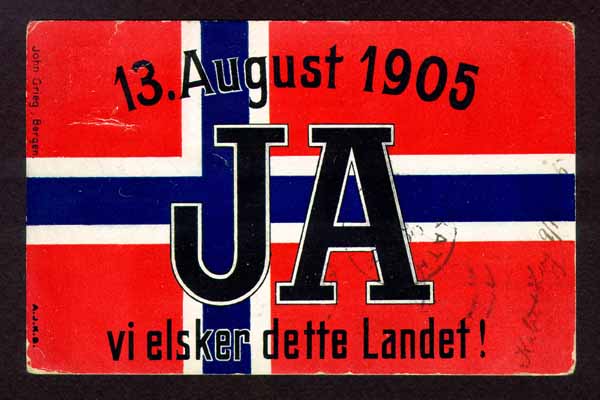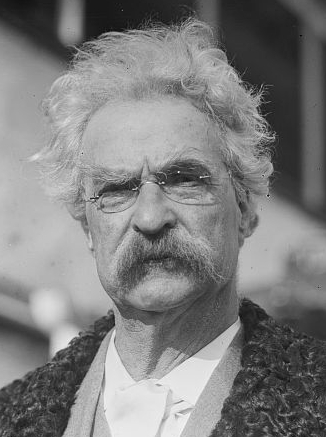
Train travel I was used to; plane travel was something new, and a little frightening. Truth be told, I slept through a lot of it. Twenty-five other hearty souls and I sat within the DC-3 “Flagship,” a noisy, rattling projectile that churned through the night sky like a big kitchen mixer.
I’ve praised Max Allan Collins’s Nate Heller novels here before, especially the early volumes. The first three in the series, True Detective, True Crime, and this book, The Million Dollar Wound, comprise what’s called the Frank Nitti Trilogy—three books that don’t necessarily focus on gangster Frank Nitti (whom, if you only know him from the movie The Untouchables, you don’t know anything about at all), but are set in the Nitti era of Chicago crime, and end—in this volume—with his death.
The Million Dollar Wound (military slang for a non-debilitating wound serious enough to send a guy home, see also, “Hollywood Wound”) begins with Nate Heller waking up in a military mental hospital, unable to remember his name or how he got there. A sympathetic doctor tries hypnotism on him, which allows us to flash back and learn how he—in spite of being old enough to avoid the draft—had enlisted in the Marines with his friend Barney Ross, the prizefighter, in the aftermath of Pearl Harbor. We learn of the hell they endured on Guadalcanal, but most of the book concentrates on a post-war adventure, when Nate is hired by newspaper columnist Westbrook Pegler to investigate mob influence in motion picture unions, and then—dangerously—hired by those very labor racketeers to tell them if anybody is nosing around in their business. Famous people encountered include actor Robert Montgomery, fan dancer Sally Rand (Nate’s current girlfriend), Eliot Ness, and—of course—Frank Nitti.
Author Collins’s realistic—though sometimes far-fetched (the two things aren’t necessarily contradictory)–take on Frank Nitti and his era is fascinating. Nate Heller would deny being a friend of Nitti’s, or admiring him, but he sees him as far smarter—and less toxic to society—than his predecessor, Al Capone, or the lesser mobsters who followed him. This is Chicago, after all, Nate would say. There’s an element of tragedy in Nitti’s ugly end.
Recommended, with the usual cautions for language, violence, and adult situations.


